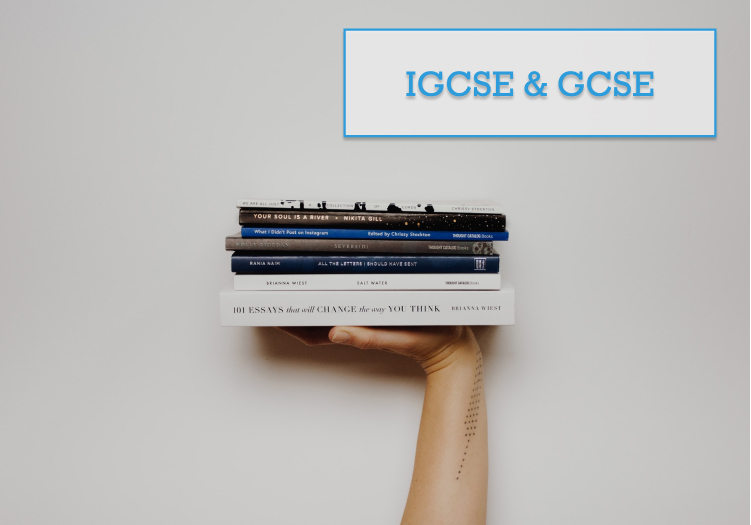The difference between IGCSE and GCSE

giasuib.com – Few people know that IGCSE and GCSE are two different programs. So in what ways are they different? Let’s find out about the difference between IGCSE and GCSE.
Related posts:
IGCSE tips for exams to practice and get high score
Reason for choosing IGCSE exam
The difference between IGCSE and GCSE
Most people in the UK are familiar with GCSE program (General Certificate of Secondary Education). It’s not just the UK that has GCSE. This program is also offered in a number of other countries and is internationally recognized as an official high school qualification IGCSE.
For more: How to convert IGCSE score to GPA?
How is IGCSE different from GCSE?
If so, what is IGCSE program? How is it different from GCSE? We will help you distinguish the difference between IGCSE and GCSE through the following comparison table:
For more: Does IGCSE accept private candidates?
| IGCSE | GCSE | |
| Definition | IGCSE stands for International General Certificate of Secondary Education. It is the equivalent of a GCSE certificate taken by students in years 10-11 in the UK to prepare them for further study at a university level, such as A-level.
IGCSE is the “international” version of this academic degree as it is available in many countries around the world. In the UK, IGCSE is usually taught at international or private schools, rather than at public schools. |
GCSE – or “Certificate of General Secondary Education” – is taken by most high school students in the UK at the end of their 11 years of compulsory education.
GCSE is mainly taught in UK schools, but is also offered at educational institutions in a number of other countries such as Australia, Canada and India. |
| Importance | IGCSE are internationally recognized as highly regarded official secondary school qualifications and serve as a gateway to further study in the UK.
IGCSE exam marks the completion of secondary education and is designed for students aged 14 and over who wish to continue their studies to A-level – or other internationally equivalent certificates – before entering university.
Undergraduate courses at UK universities will stipulate that applicants need to meet certain requirements at the IGCSE level in order to receive an offer of admission, as well as achieve the required A-level. |
GCSE are internationally recognized as distinctive official secondary school qualifications and serve as a gateway to further study in the UK.
GCSE course leading to the official examination of completion of secondary education in the UK. It is designed for students aged 14 and over who want to study for A-level before entering a UK university.
Your GCSE results are a very important step in your academic journey and will affect the qualifications and subjects you will study next, your eligibility for university and the course you have taken. choices, and even your future career prospects. |
| Subject | IGCSE has a wide range of subjects including English and Literature, Mathematics, Economics, Geography, History, Biology, Chemistry and Physics. They are also available in several non-English languages such as Arabic, Chinese, French, Spanish, Japanese, Greek and Urdu. | GCSE has a wide range of subjects including English and Literature, Mathematics, Economics, Geography, History, Biology, Chemistry and Physics. You can also choose to learn some non-English languages like Arabic, Chinese, French, Spanish, Japanese, Greek and Urdu. |
| Score | IGCSE results are traditionally graded from A* – G. However, from June 2017, schools in the UK have started to apply the 9 – 1 grading system to the IGCSE. | GCSE results are scored from 9 – 1, replacing the old A* – G grading system of the past few years. Score 9 – 7 equivalent to A* – A, score 6 – 4 is equivalent to B – C, score 3 – 2 is equivalent to D – G. |
| Exam board | IGCSE is accredited by Cambridge (Cambridge International Exam Testing) or Edexcel (Pearson Edexcel) exam boards. | There are 5 GCSE exam boards in place in England, Wales and Northern Ireland – AQA, Pearson Edexcel, OCR, CCEA and WJEC. All 5 exam boards are additionally regulated by the Office of Examination Standards and Regulations (OFQUAL). |
| Test date | IGCSE exam is available in November and January (for certain subjects) and also in May – June each year. | GCSE exams are held annually in May – June, with resit exams in November. |
For more: How to overcome the SSAT test anxiety?
